Jokin Gutiérrez, Educator at the Iturrama Occupational Center of Elkarkide, shares how the professionals at Elkarkide Iturrama have worked for almost ten years with NeuronUP to enhance cognitive stimulation in people with mental health difficulties.
Introduction
In this article we present the results of a study we carried out at Elkarkide on the effectiveness of the NeuronUP platform in the cognitive stimulation of people with mental health difficulties attended at our Iturrama Occupational Center.
In the study we analyzed the tool’s impact across various cognitive areas over a ten-year period. The results show significant improvements in most users, especially in visuospatial skills, attention, language, and executive functions. The study highlights the importance of individualized cognitive stimulation and the effectiveness of NeuronUP as a tool to improve the quality of life of this group.
About Elkarkide and NeuronUP
Elkarkide, a non-profit organization founded in 1991, is dedicated to the socio-labor inclusion of people with mental health difficulties. Through its four occupational centers [Centro Ocupacional Aranzadi, Centro Ocupacional Lizardi, Centro Ocupacional Las Labradas y Centro Ocupacional Iturrama], it offers personal and social development programs, support for socio-labor inclusion, and cognitive and motivational stimulation.
The latter, aimed at people with a lower level of autonomy, as a result of progressive deterioration caused by mental health difficulties, is implemented at the Iturrama Occupational Center using the NeuronUP platform.
NeuronUP is a software application that allows the design of cognitive stimulation tools adapted to each person’s individual needs. Its flexibility, constant updates, and wide range of exercises make it a valuable tool for cognitive intervention.
In this study we evaluate the impact of NeuronUP on the users of the Iturrama Occupational Center who have used the platform for at least five years. The objective is to analyze the effectiveness of the long-term cognitive stimulation program.

Subscribe
to our
Newsletter
Methodology of the study on the efficacy of NeuronUP in the cognitive stimulation of people with mental health difficulties
We conducted a quantitative analysis of the data provided by the NeuronUP platform. The sample included 21 users of the Iturrama Occupational Center, 17 of whom have been using the tool since 2015. We analyzed the evolution of the “Overall Score” between December 2022 and December 2024, as well as improvements in different cognitive areas:
- visuospatial skills,
- attention,
- language,
- executive functions,
- memory,
- gnosias,
- praxias,
- orientation,
- and social cognition.
Profile of the users
The study population is composed of a 48% women and a 52% men.
The predominant age range is 51 to 59 years (52%), followed by the 60 to 65 years group (24%). Next is the 41 to 50 years group (19%) and, lastly, the 31 to 40 years group (5%).
Conclusions of the study on the efficacy of NeuronUP in the cognitive stimulation of people with mental health difficulties
With this study we highlight the importance of cognitive stimulation in improving the quality of life of people with mental health difficulties. NeuronUP is consolidated as an effective tool for developing programs that can be individualized and adapted to each person’s needs.
Elkarkide’s commitment to inclusion and the implementation of innovative programs like this contribute to the creation of a more inclusive and equitable future.
Bibliography
- Elkarkide. (n.d.). “Occupational centers and support programs”. Retrieved from www.elkarkide.org
- NeuronUp. (n.d.). “Rehabilitation and cognitive stimulation platform”. Retrieved from www.neuronup.com
If you enjoyed this blog post about how NeuronUP enhances cognitive stimulation in people with mental health difficulties: The Elkarkide Iturrama case, you will likely be interested in these NeuronUP articles:
“This article has been translated. Link to the original article in Spanish:”
Cómo NeuronUP potencia la estimulación cognitiva en personas con dificultades de salud mental: Caso Elkarkide Iturrama
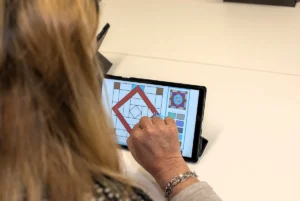
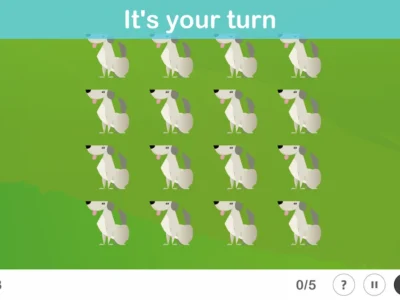
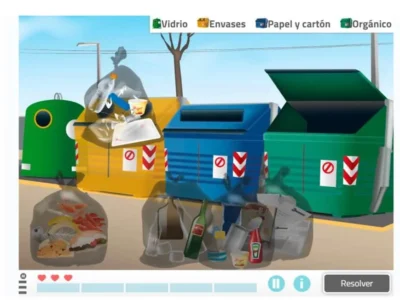
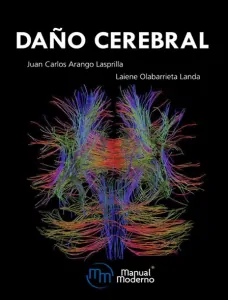

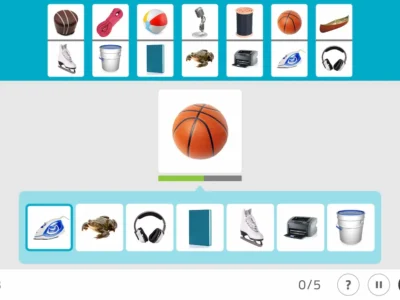
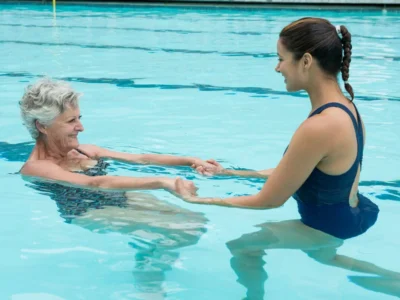
Leave a Reply